Major fashion brands are trying to stop their factories in Turkey from exploiting Syrian refugees
Desk Report : As Syrian refugees continue to pour into Turkey, desperate for any source of income, many are taking jobs in Turkey’s garment industry.

In February, the Business & Human Rights Resource Center reported that an estimated 250,000 to 400,000 Syrian refugees were working in Turkey illegally, including at apparel factories that supply well-known brands. While providing income to these migrants is undoubtedly helpful, those that get jobs without a work permit are particularly vulnerable to exploitation and abuse.
To make sure refugees aren’t being exploited, Primark, the Irish chain known for its astoundingly cheap clothes, has said it doubled its factory inspections in Turkey.
“We know Syrian refugees are an issue in Turkey at the moment so we have gone to unannounced audits in Turkey,” Paul Lister, head of Primark’s ethical trading team, recently told Reuters.
Lister said Primark sources from about 100 suppliers in Turkey, accounting for about 5% of its production. It’s one of several major brands that produce clothes in the country, including Inditex, which owns Zara, and H&M.
In its report, the Business & Human Rights Resource Center asked 28 brands about the factories they contract with directly in Turkey, and found that some, including H&M, Next, Primark, and C&A had discovered refugees in a small number of their factories. H&M found one factory using refugee children to make clothes, and Next found two.
“In accordance with our policy on Syrian refugees in Turkey, we terminated this business relationship immediately,” a spokesperson for H&M said. “We then informed our NGO partner to get their support on the remediation activities.”
Primark said it discusses the situation with the supplier and puts a “time bound” plan in place to resolve any problems. “If we do not see the required level of engagement we expect on remediation, business relationships with suppliers are reviewed, and in some cases terminated,” the company said in a statement.
There are different points of view about what steps are best for brands if they do discover refugees without work permits in their supply chains. No brand wants its image tainted by child labor or human rights abuses, but at the same time these jobs, which often require little training, can be vital for migrants who have no other source of income.
H&M says it will terminate its relationship with any supplier found to be employing workers without a work permit. Others say the best approach is to continue working with the factory, but help workers to get the right permits and make sure they’re being paid properly. Ruth Vermeulen, senior international verification coordinator at the Fair Wear Foundation, told the Guardian that brands “should work together with the supplier towards formalising the workers’ status, however possible.”
Many companies, including Inditex, told the Business & Human Rights Resource Center they have programs in place to assist migrants in getting the proper documentation. Some of the camps set up by the Turkish government even run workshops to train Syrian refugees in marketable skills, such as sewing. Source : finance.yahoo.com
RMG Times in English বিভাগের আরো খবর
-
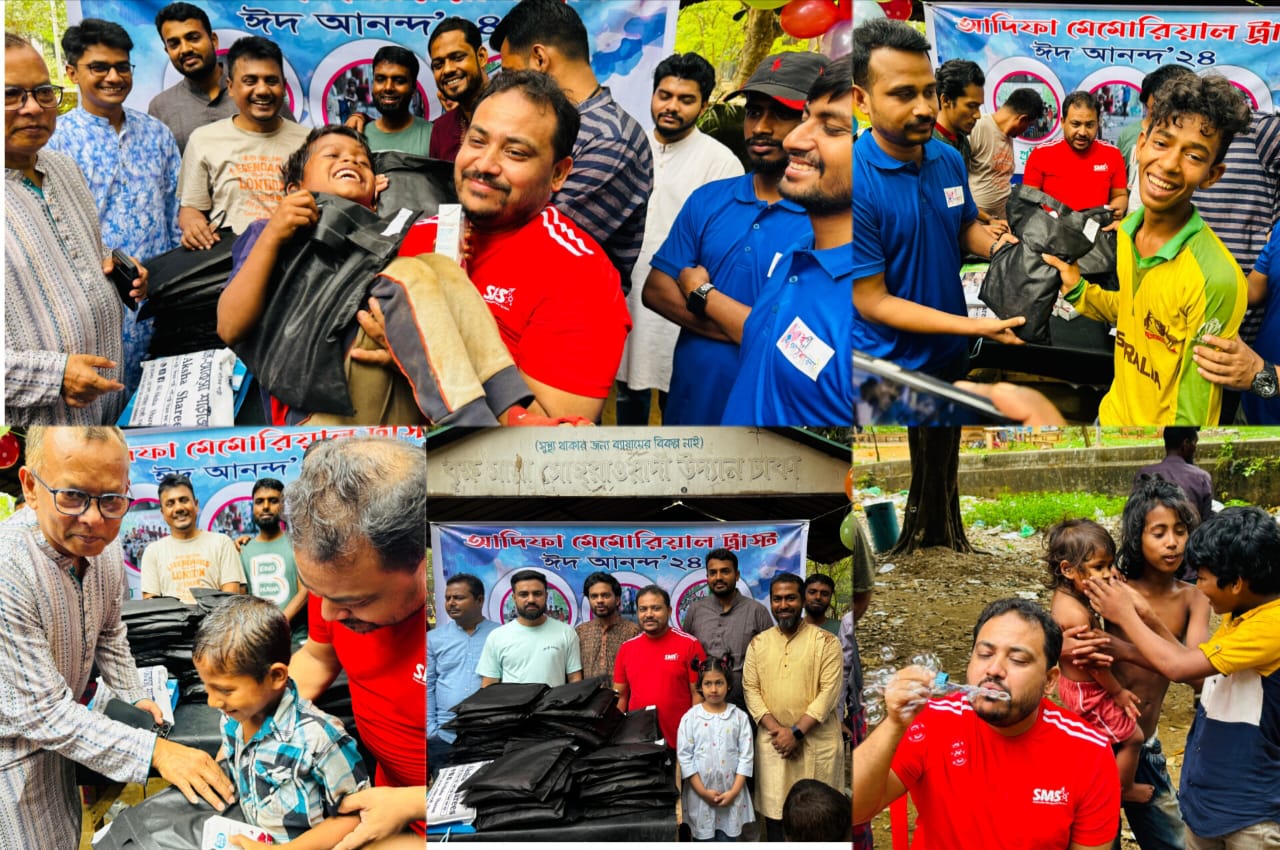
সুবিধা বঞ্চিত শিশুদের মাঝে আদিফা মেমোরিয়াল ট্রাস্টের ঈদ উপহার বিতরণ
-

গাজীপুরে এতিম শিশুদের সাথে বিডিআরএমজিপি এফএনএফ ফাউন্ডেশনের ইফতার ও দোয়া মাহফিল
-
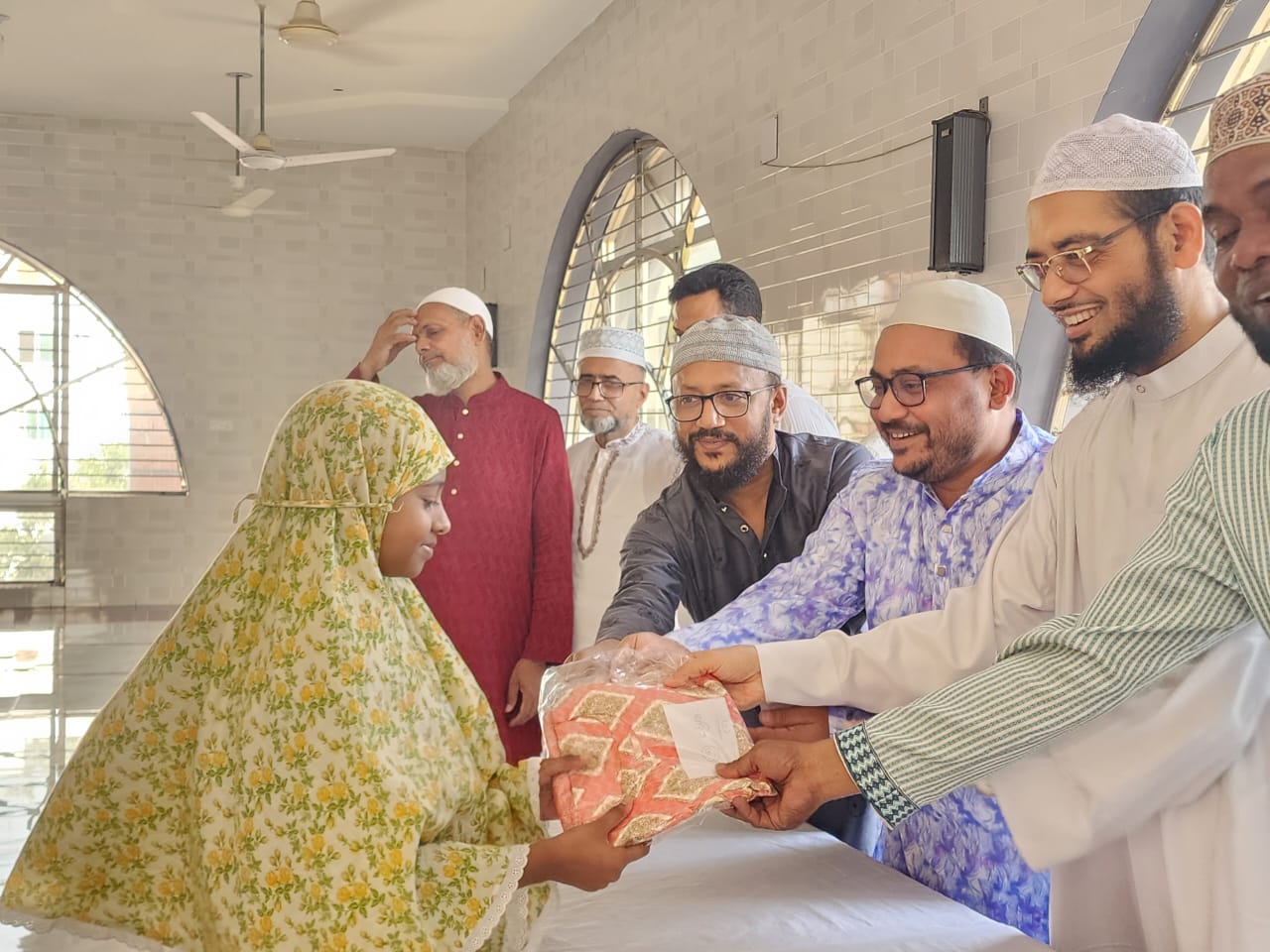
আদিফা মেমোরিয়াল ট্রাস্টের উদ্যোগে ঢাকার উত্তরার গাউসুল আজম জামে মসজিদ কোরআন শিক্ষা একাডেমির দরিদ্র শিক্ষার্থীদের নতুন পোশাকে ঈদ আনন্দ
-

রাজেন্দ্রপুর গাজীপুরে হাফেজ ও এতিম শিক্ষার্থীদের জন্য আদিফা মেমোরিয়াল ট্রাস্টের ইফতার আয়োজন
-

এতিম শিশুদের সাথে আদিফা মেমোরিয়াল ট্রাস্টের ইফতার ও রাতের খাবার
-
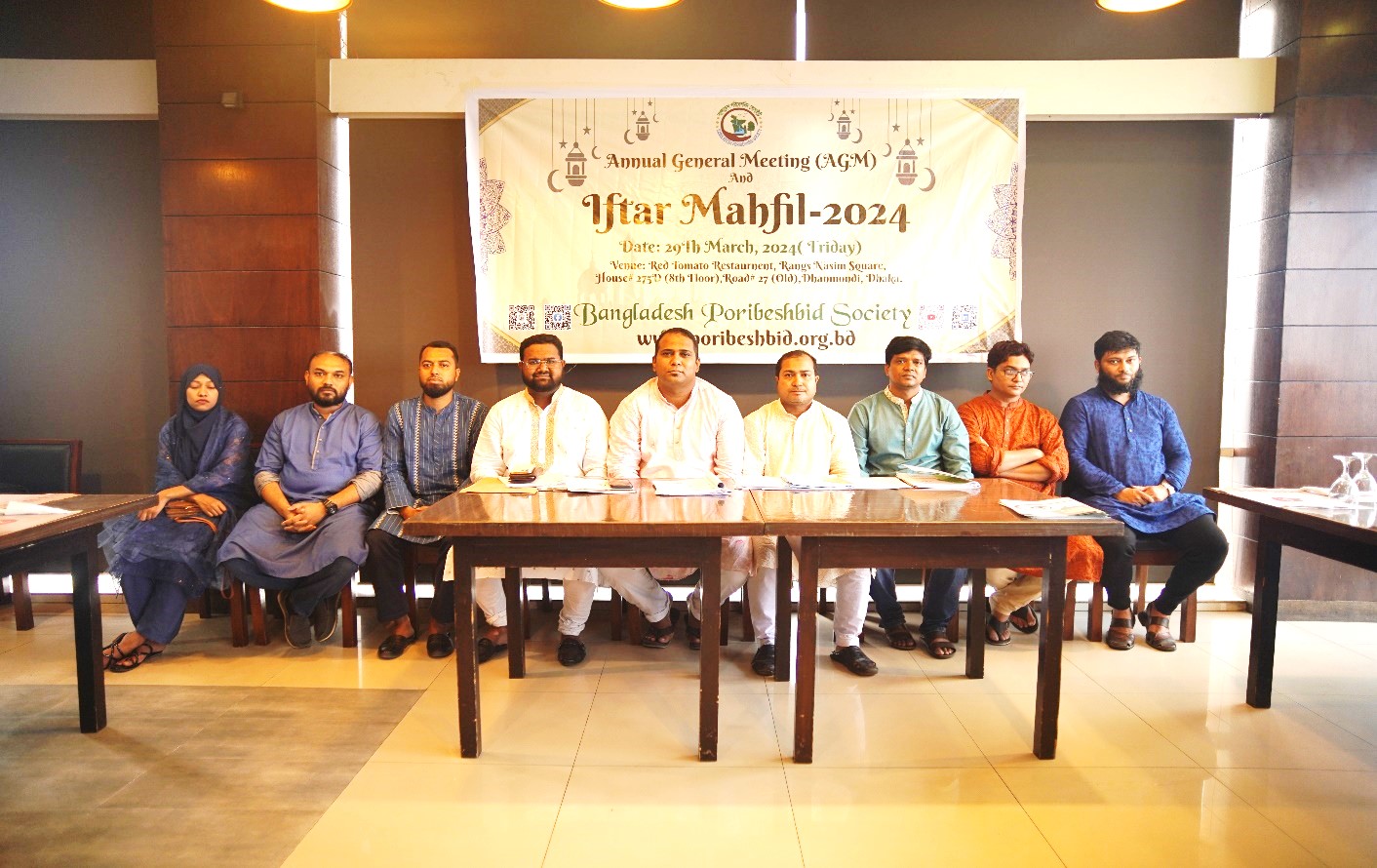
“বাংলাদেশ পরিবেশবিদ সোসাইটির বার্ষিক সাধারণ সভা ও ইফতার মাহফিল অনুষ্ঠিত”
-

গাজীপুরে আরএমজি প্রফেশনালস্ এফএনএফের উদ্যোগে সিলিং ফ্যান বিতরণ
-

Solidarity with striking garment workers at Sumithra Hasalaka, Sri Lanka!
-

Full panel of Sammilito Parishad wins BGMEA election
-

বিলস আয়োজিত গবেষণার ফলাফল উপস্থাপন ও জাতীয় সংলাপ
-
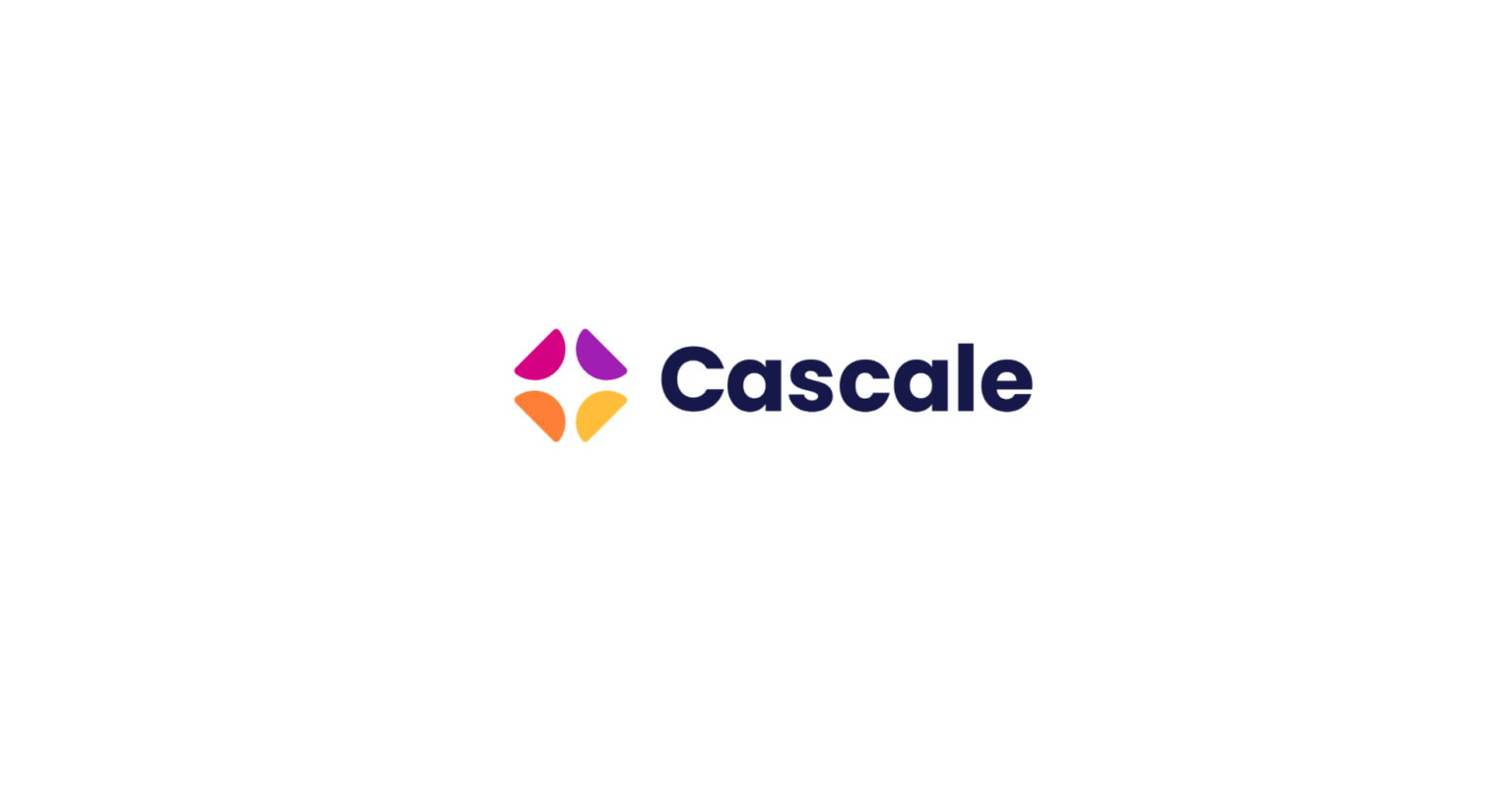
Sustainable Apparel Coalition Rebrands as Cascale
-
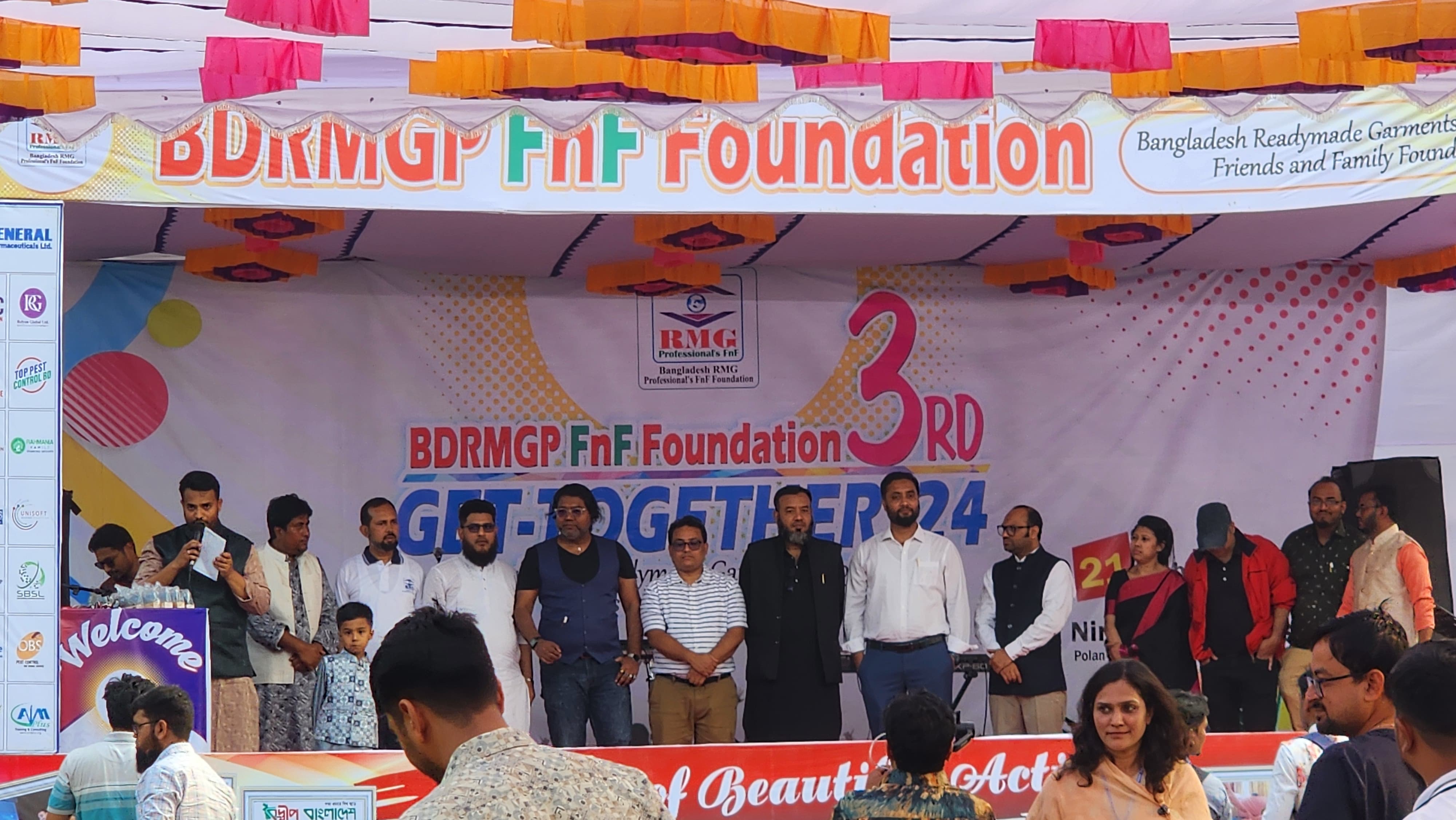
আরএমজি প্রফেশনাল’স ফ্রেন্ডস এন্ড ফ্যামিলী ফাউন্ডেশনের ৩য় গেট-টুগেদারে পাঁচ শতাধিক পেশাজীবির মিলনমেলা
-

AMC Knit Composite Ltd. Teams Up with The Cotton Group to Provide Free Grocery Baskets for 3750 Workers
-

বার্ষিক পিকনিক ও খেলাধুলার চমকপ্রদ আয়োজনে মেতে উঠলো নীট প্লাস পরিবার
-

Absolute Qualitywear Ltd. welcomed Spring with Vibrant Festivities.

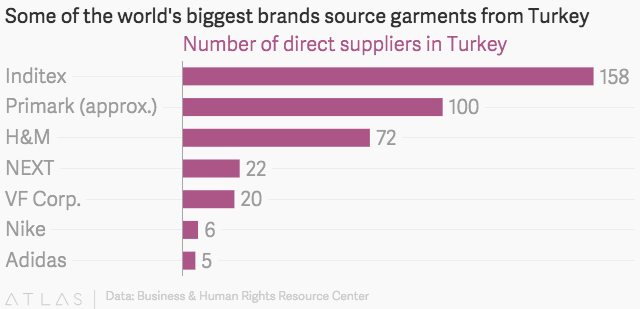






মতামত লিখুন :